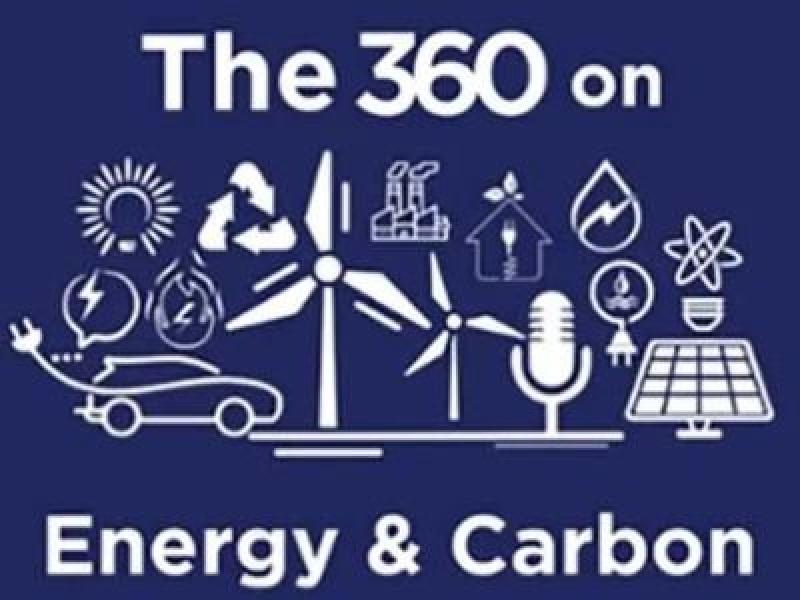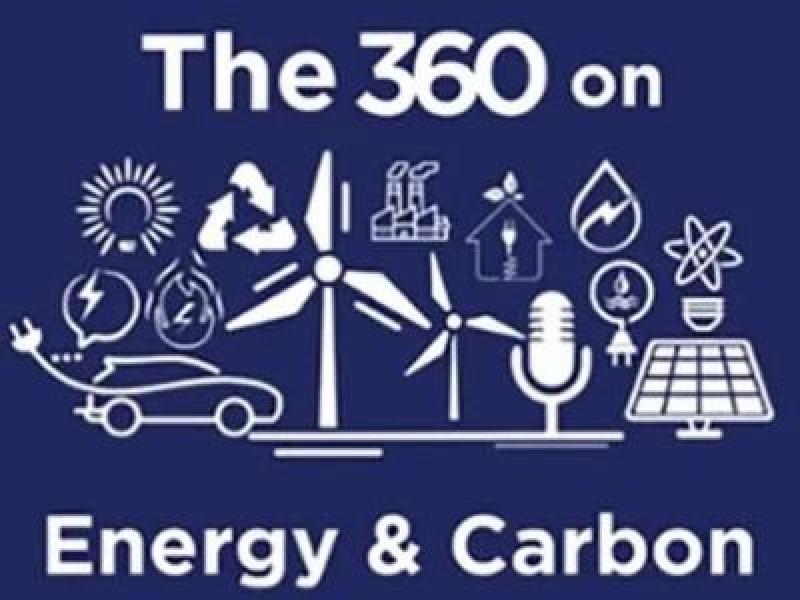In this podcast, Henning Gloystein, the director of energy & natural resources for the Eurasia Group, predicts that by the end of 2023, European Union (EU) gas consumption by industry will be 25 per cent below what it was at the start of the Russia-Ukraine war, due to new technologies, increased local renewables capacity, and hydrogen gas from electrolyzers.
However, he also notes that energy-intensive industries such as glass, cement, aluminum, and base chemicals still need gas as a feedstock, so it needs to be affordable. This affordability concern could lead to a loss of energy-intensive manufacturing in Europe as some companies import from China or shift to areas with cheaper gas or wind power.
Gloystein also mentions the increase in carbon intensity in the power sector due to the reintroduction of coal-fired units in Germany, Italy, the Netherlands and France, and the retirement of nuclear reactors in Germany. Carbon permit prices have also increased as a result. While there have been efficiency gains in industry, the power sector's carbon intensity has increased.
Efficiency improvements and reduced carbon footprint
Efficiency improvements have translated into a reduced carbon footprint for the industry. Energy-intensive industries have lost some of their most energy-intensive goods, and even the items they still manufacture are produced using more energy efficiently.
However, the power sector has increased its carbon intensity in Europe over the last year, as some countries have brought back coal-fired units to replace gas and ensure there are no blackouts. Carbon permit prices have also increased, hitting €100 in late February.
Investment in energy and incentivizing electricity reduction
To reduce demand, investments and becoming more savvy will play a significant role.
The EU has introduced electricity-saving mandates in all member states, but governments cannot mandate household or industrial consumers to reduce their consumption by 15 per cent. Therefore, incentives and subsidies may be necessary to achieve the desired results.
Countries like Italy have successfully implemented such policies, with a 100 per cent rollout of smart metres in households and a significant replacement of gas boilers. In contrast, countries like Britain have fallen behind in home insulation, highlighting the need for better incentives to promote energy efficiency.
Henning Gloystein, director of energy & natural resources, Eurasia Group
Gloystein is a geopolitical risk expert in the oil and natural gas markets, with a particular focus on the transition to renewable energy and the impact of urbanization on natural resource supply chains. He has been covering the rise of the Asia-Pacific region as the world's biggest consumer of natural resources, and he helps major industrial firms analyze risks in their global supply chains.
Gloystein has extensive experience in energy and commodities journalism, having worked for Reuters and Platts, where he led the European power pricing team during the market liberalization period. He has a dual master's degree in history and politics from Humboldt University and in science and technology from Technical University of Berlin. He is bilingual in English and German, and speaks fluent French and Spanish.
Other participants in the podcast include:
Host David Arkell, president and CEO of 360 Energy
John Pooley, vice-president of program development of 360 Energy
Lysandra Naom, executive producer of The 360 On Energy and Carbon Podcast









